Age estimation retail technology would make physical stores safer, claims BRC
Digital age estimation technology would make stores “a safer place to work and shop”, according to the British Retail Consortium (BRC).
It is calling on the UK government to legislate to allow the use of the technology to verify customers’ age for sales of alcohol.
This comes after trials by the Home Office and Office for Product Safety and Standards (OPSS), using the technology in stores at five retailers across the UK.
These found customers were happy to use the technology when purchasing alcohol, and there were no reported incidents of underage purchases of age-restricted items during the trials.
The hope is that this technology can increase the convenience and speed of alcohol purchases, as well as reducing the risk of violence or abuse associated with age verification.
According to the BRC’s most recent crime survey, retail staff face over 1,300 incidents of violence and abuse every day. One of the most common triggers for these incidents is when staff ask customers to verify their age for alcohol sales.
Digital age estimation technology can successfully determine the age range of an individual by capturing, analysing and comparing patterns based on an individual’s face. All images are instantly deleted following the completion of age-verification.
This technology is already used for other age restricted products such as tobacco and knives, and the BRC argues that the government should extend its use to alcohol sales, which is the most purchased age restricted product.
Tom Ironside, Director of Business Regulation at the BRC, says: “We have long campaigned for digital age estimation technology to be used to verify a person’s age for the purchase of alcohol”
“With incidents of violence and abuse against retail staff sharply rising, the technology would help to make stores a safer place to work and shop.”
“Digital forms of age verification can already be used for all other age restricted products such as tobacco, knives and medicine, and there is no reason this cannot also be extended to alcohol sales.”



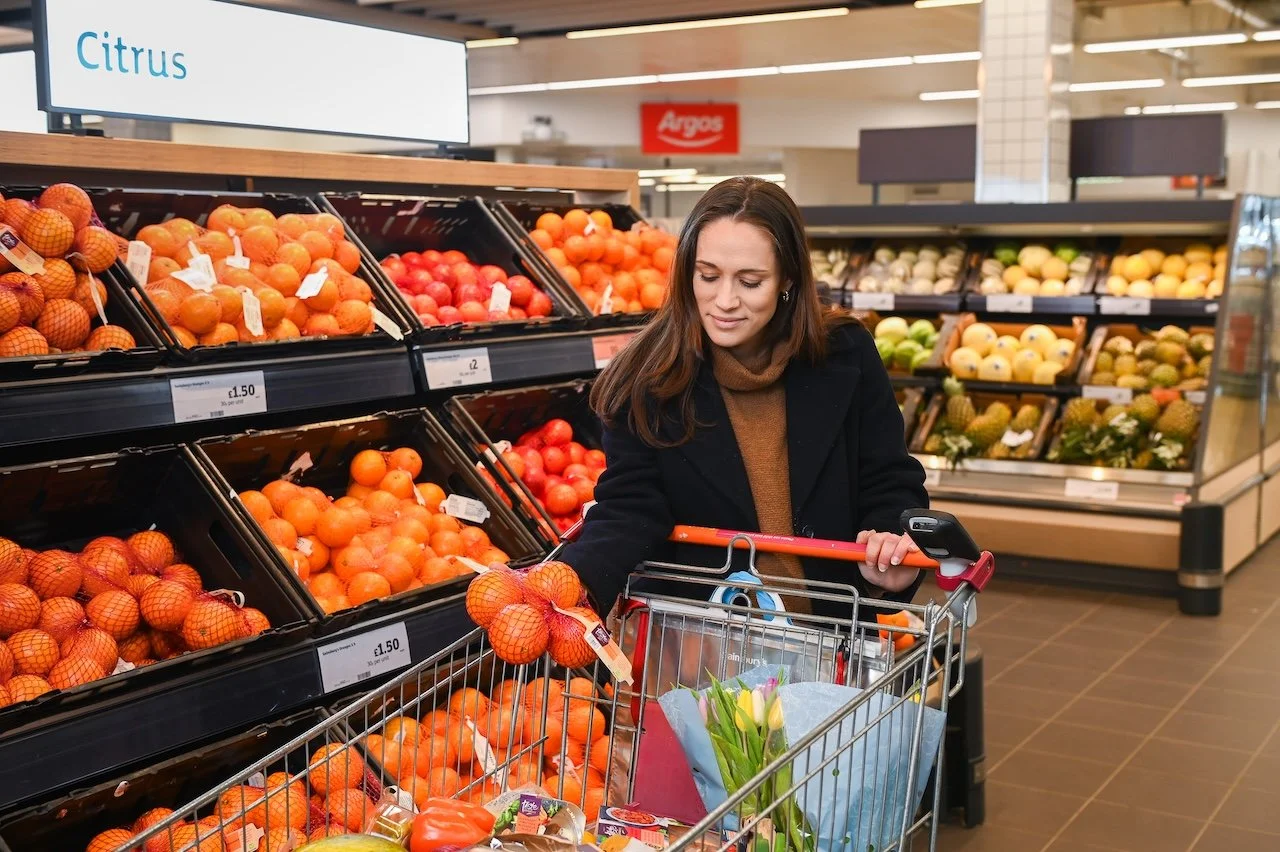

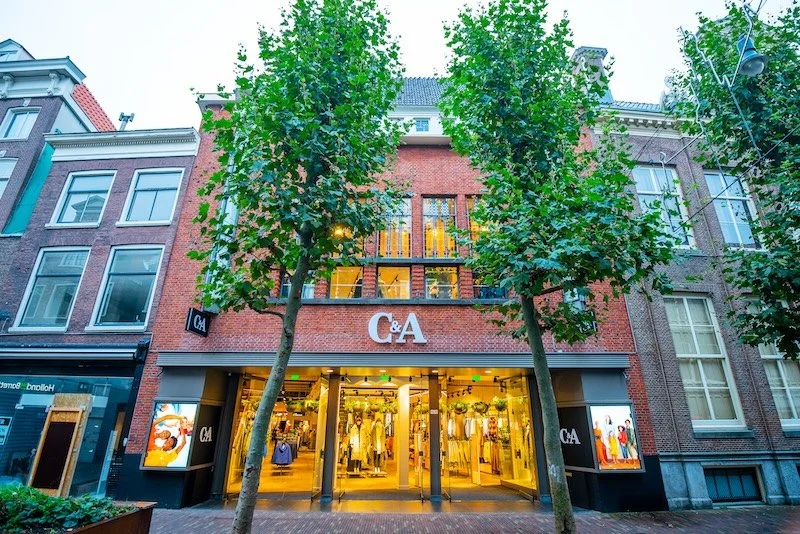

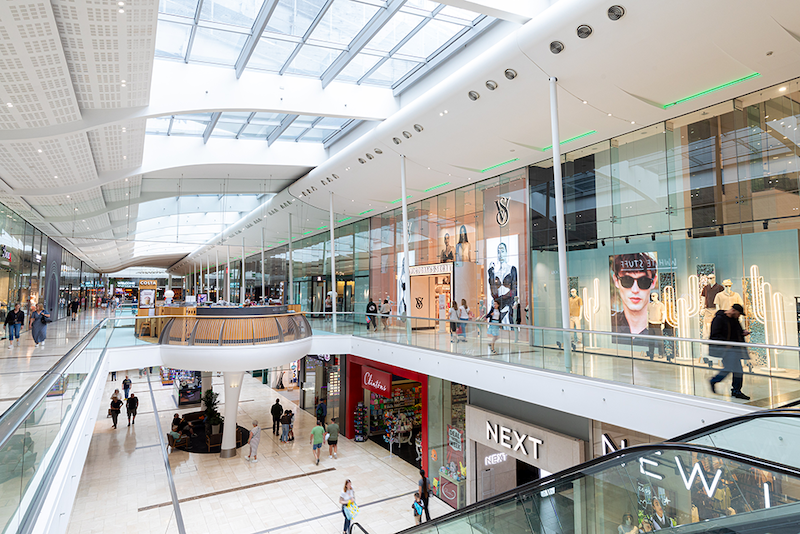

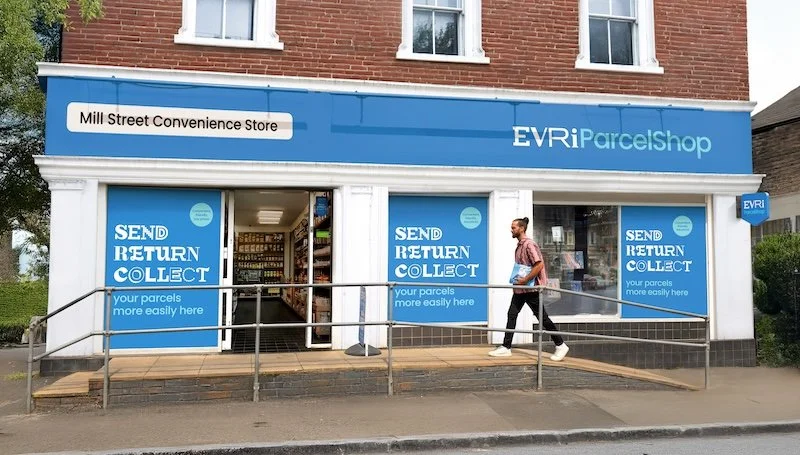
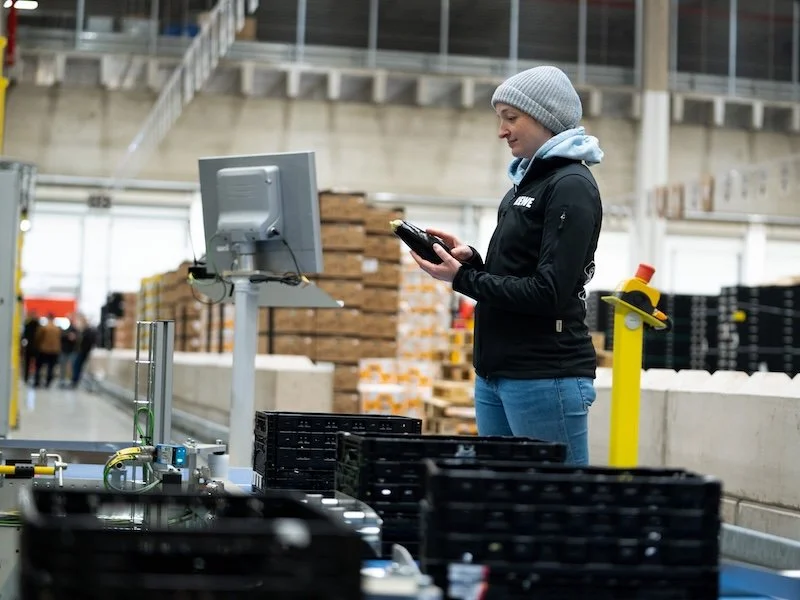

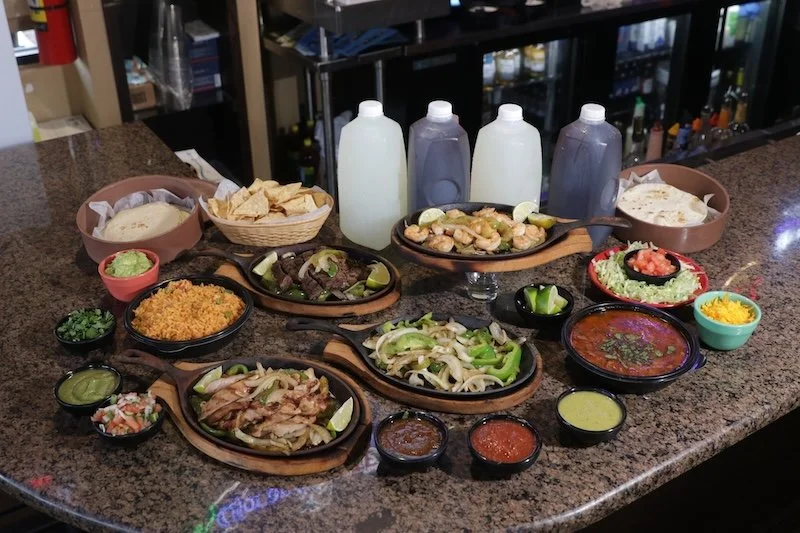


Continue reading…